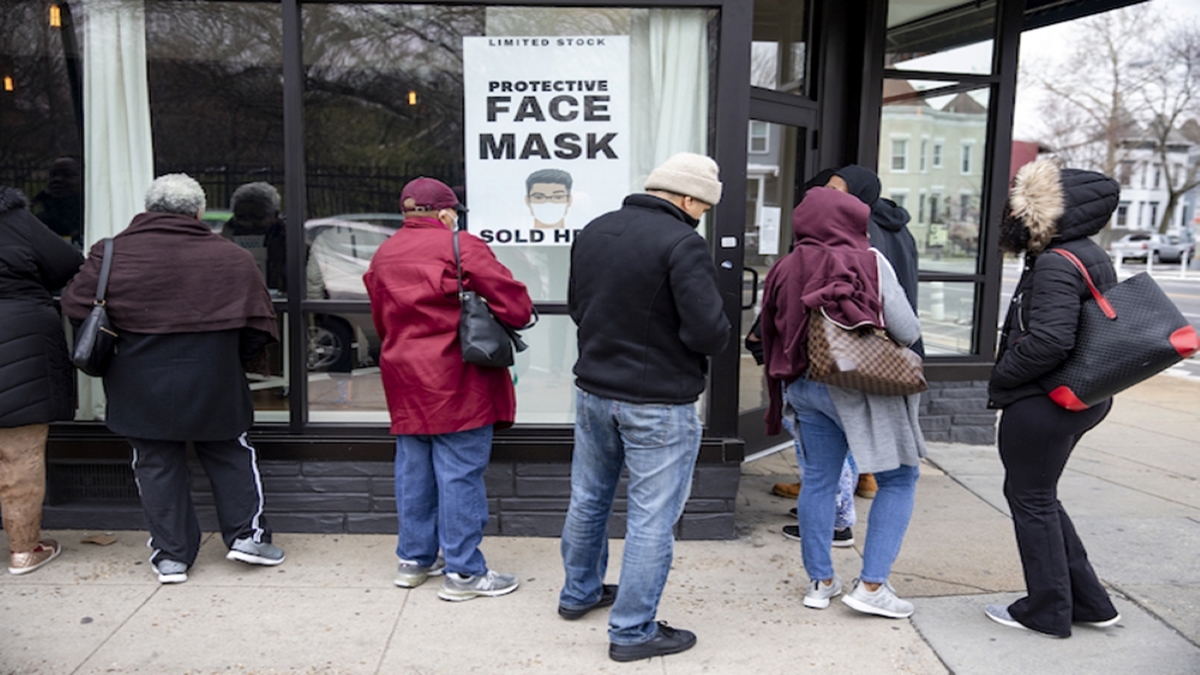The COVID-19 crisis has created massive issues for Wisconsin businesses, and the country in general, with unexpected closures and reorganizations to stop the coronavirus spread.
As result, many small businesses in America's Dairyland are in dire straits.
On May 5, the Washington D.C. Council will meet regarding its draft of emergency legislation to ensure small businesses receive interruption insurance.
Business interruption insurance typically activates when operations are closed or reduced due to property damage or loss from disasters. Even when not explicitly listed—like floods or fire—global pandemics should be a reason business interruption insurance claims are honored, small business owners think. However, insurance companies are mostly denying those claims, the Washington City Paper reports.
Although there is no national law yet, New Jersey, Pennsylvania, New York, Ohio, Louisiana, Massachusetts and South Carolina have proposed this type of legislation.
As chairman of the Committee on Homeland Security and Government Affairs, Wisconsin Senator Ron Johnson may soon find himself holding hearings on this issue, although he has not yet publicly weighed in on business interruption insurance.
On April 14, Rep. Mike Thompson (CA-05) introduced the Business Interruption Insurance Coverage Act of 2020, which will ensure that businesses shuttered due to the pandemic will receive compensation.
“Businesses who have purchased business interruption insurance in good faith and are forced to close their doors because of a major event and through no fault of their own deserve to have their claims honored. I have heard from many local businesses in my district who are getting denied and are worried about making necessary expenses, like payroll or rent, during the Coronavirus pandemic,” said Thompson. “That’s why I introduced the Business Interruption Insurance Coverage Act, a solution to future forced closures to help small business owners and their employees. Forced closures shouldn’t mean the end of the local businesses that power our economy.”
Not everyone sees it that way. In an opinion piece, Washington Post columnist Megan McArdle says that while asking insurers to pay seems “eminently reasonable,” the policies are not meant to cover the type of interruption that the coronavirus pandemic is causing and are instead intended to cover closures due to physical damage.
“And while it might seem somehow practical – and just – to stick insurers with the bill, that doesn’t solve the problem. New liability for business losses can be created by law, but the assets needed to cover those losses cannot be conjured by fiat,” said McArdle.
Former Supreme Court clerk, Yale law professor and opinion columnist for Bloomberg, Stephen L. Carter wrote, “This is a problem, but we have to be careful not to 'solve' it by making things worse.”
In an April 10 letter, Republican senators Tim Scott, Mike Crapo, Thom Tillis, M. Michael Rounds, Pat Toomey, Ben Sasse and David Perdue wrote to President Trump to emphasize the critical release of funds from the Paycheck Protection Program and express disagreement with "retroactively changing business interruption (BI) insurance contracts that do not cover pandemics and viruses."
The senators called the legislation proposals “counterproductive for several reasons.”
They said attempting to ex-post facto rewrite policies through knee-jerk administrative action will undermine the insurance system and create major unintended consequences for new contractual relationships going forward, and they will likely be litigated in court for years, “guaranteeing that no money would make it to the small businesses that need it.”
The senators also note that pandemic-related claims could deplete reserves intended for the interruptions actually listed in those policies.

 Alerts Sign-up
Alerts Sign-up